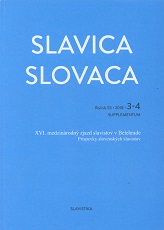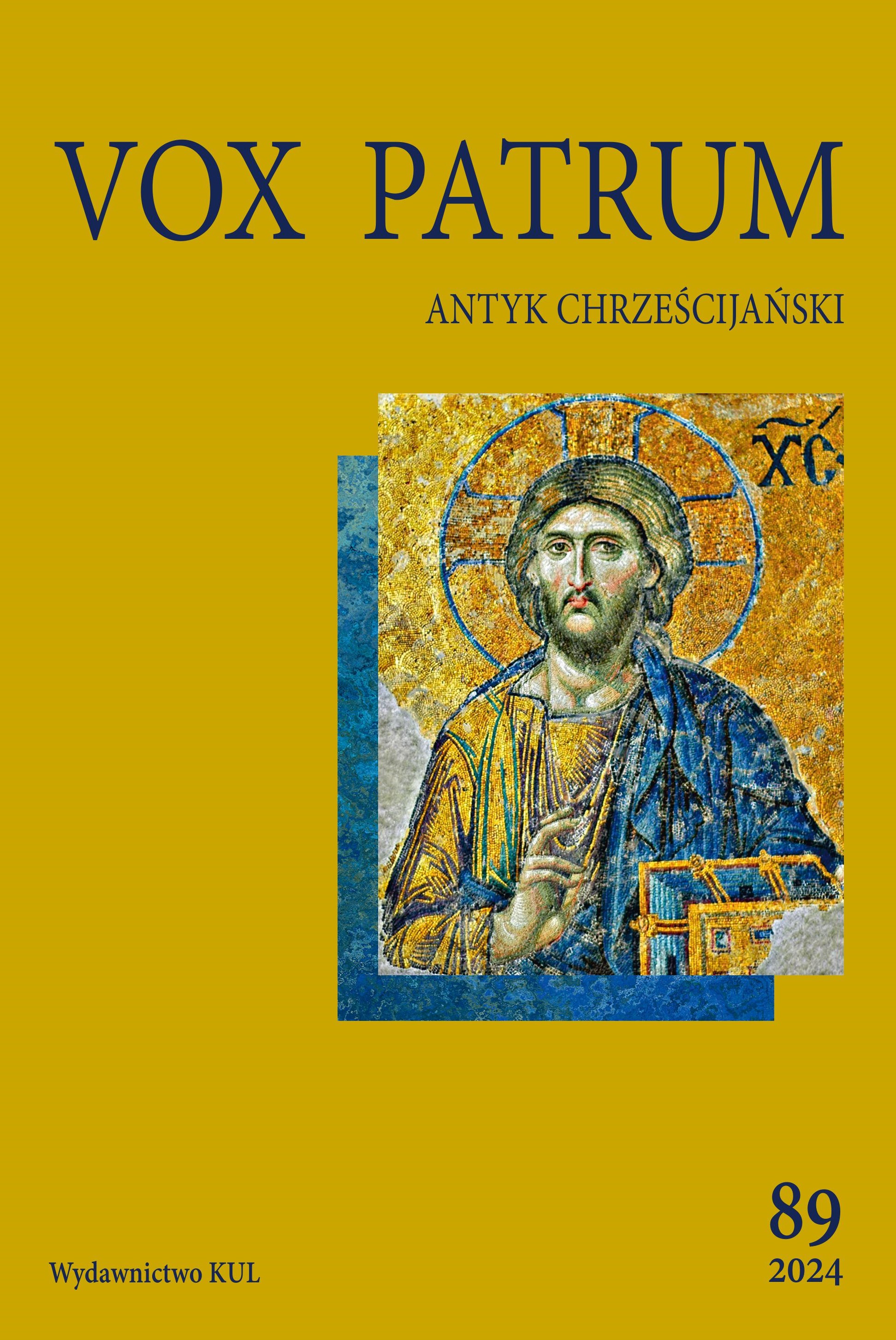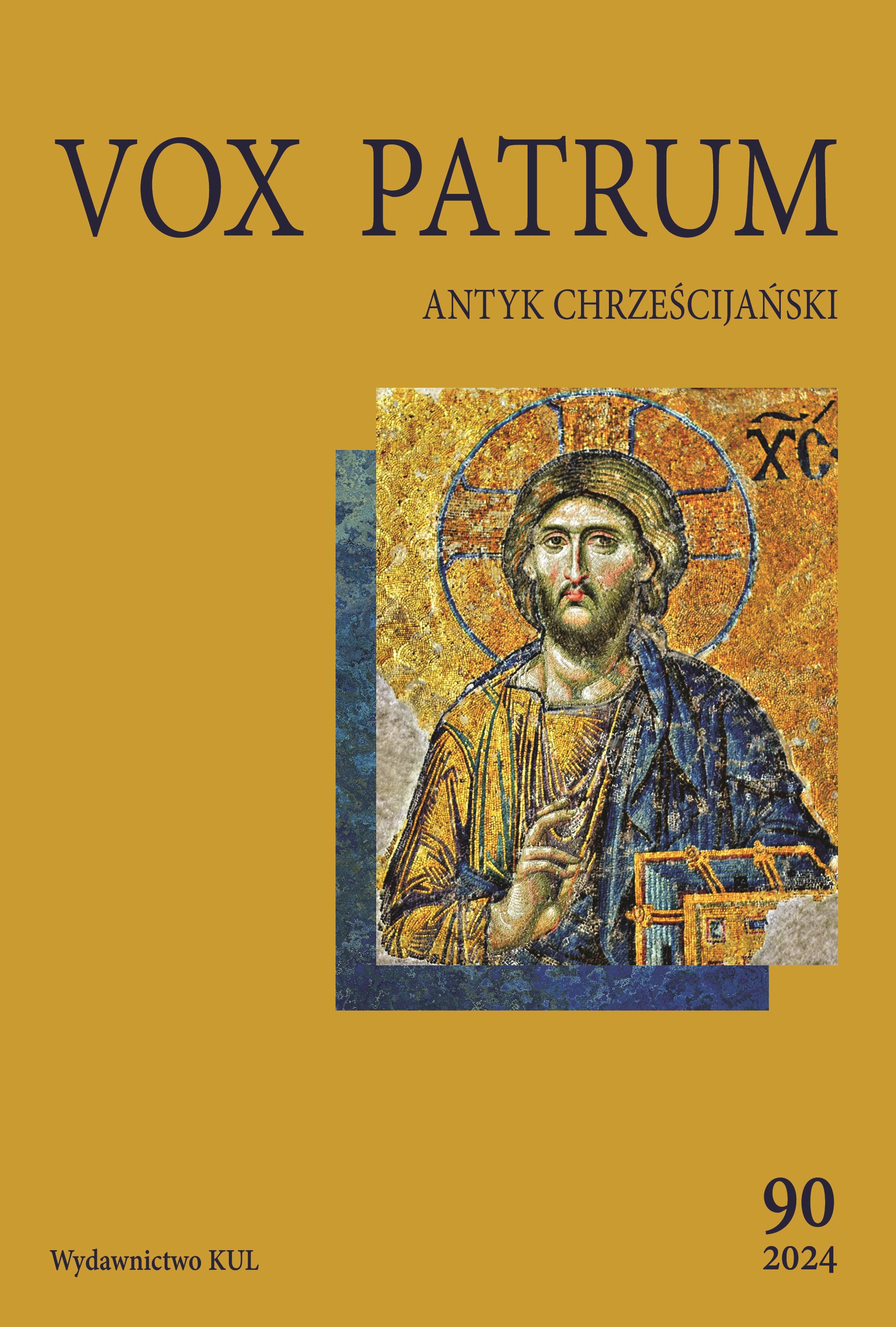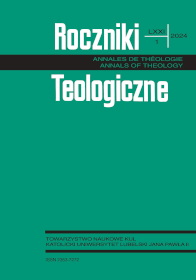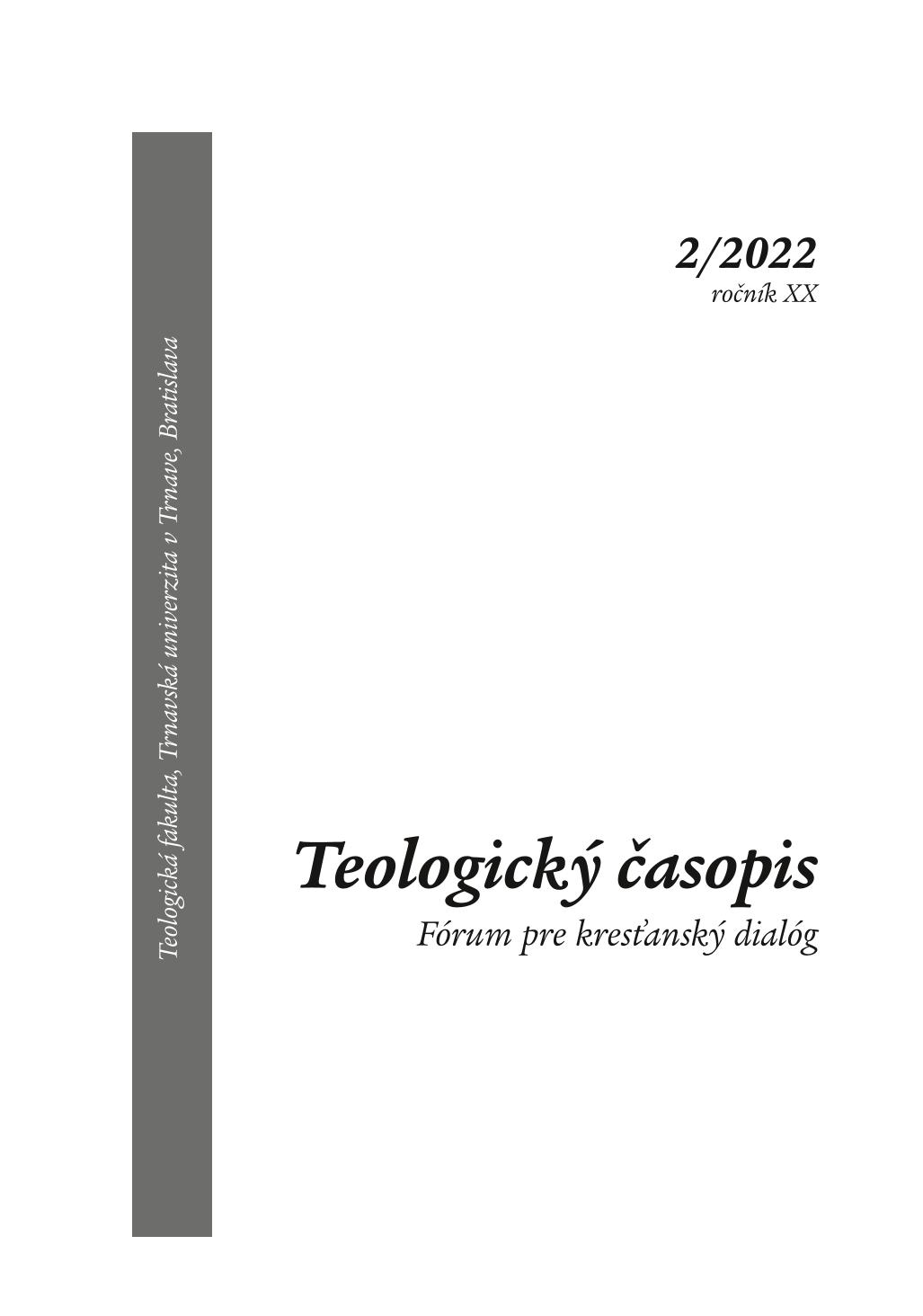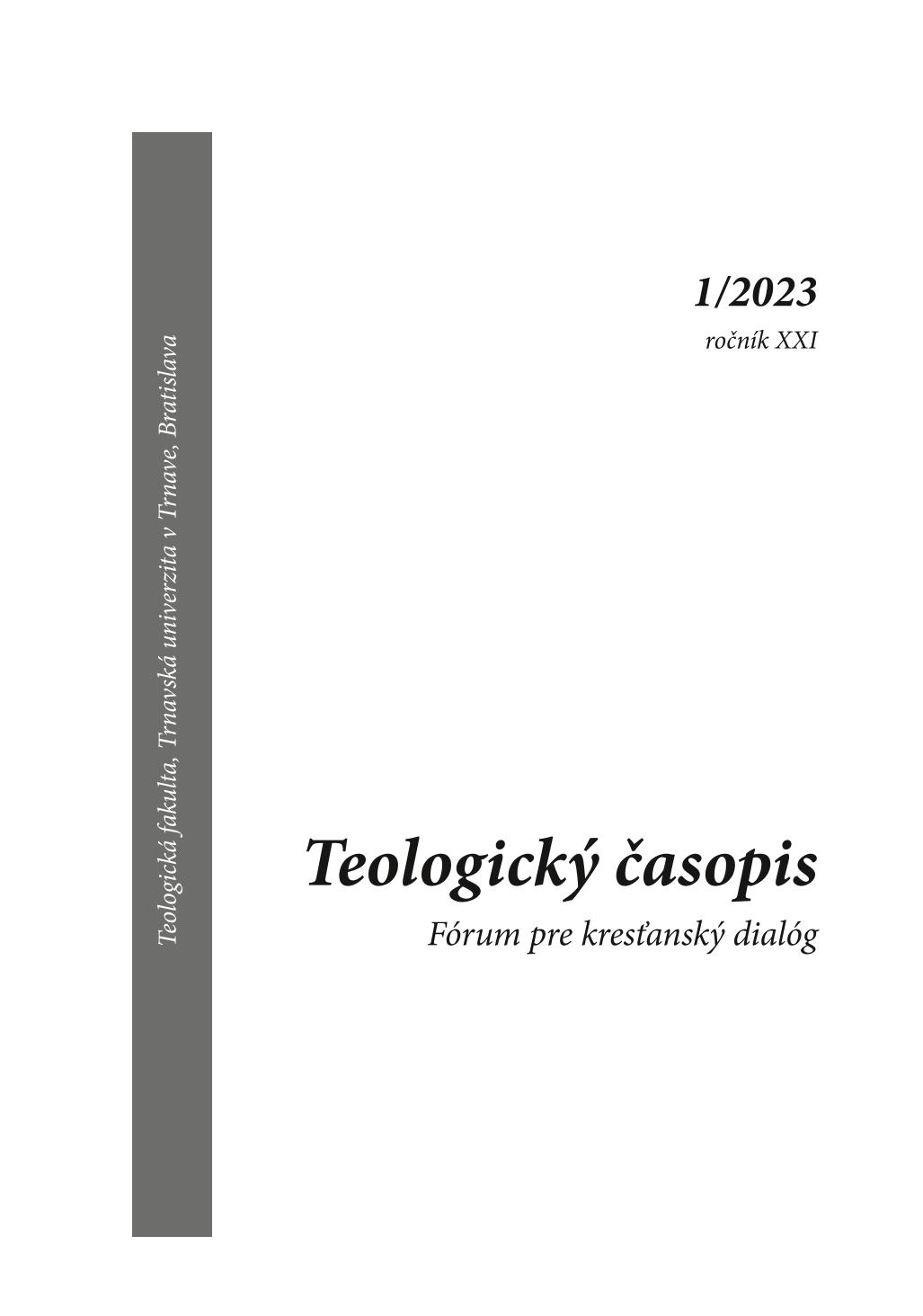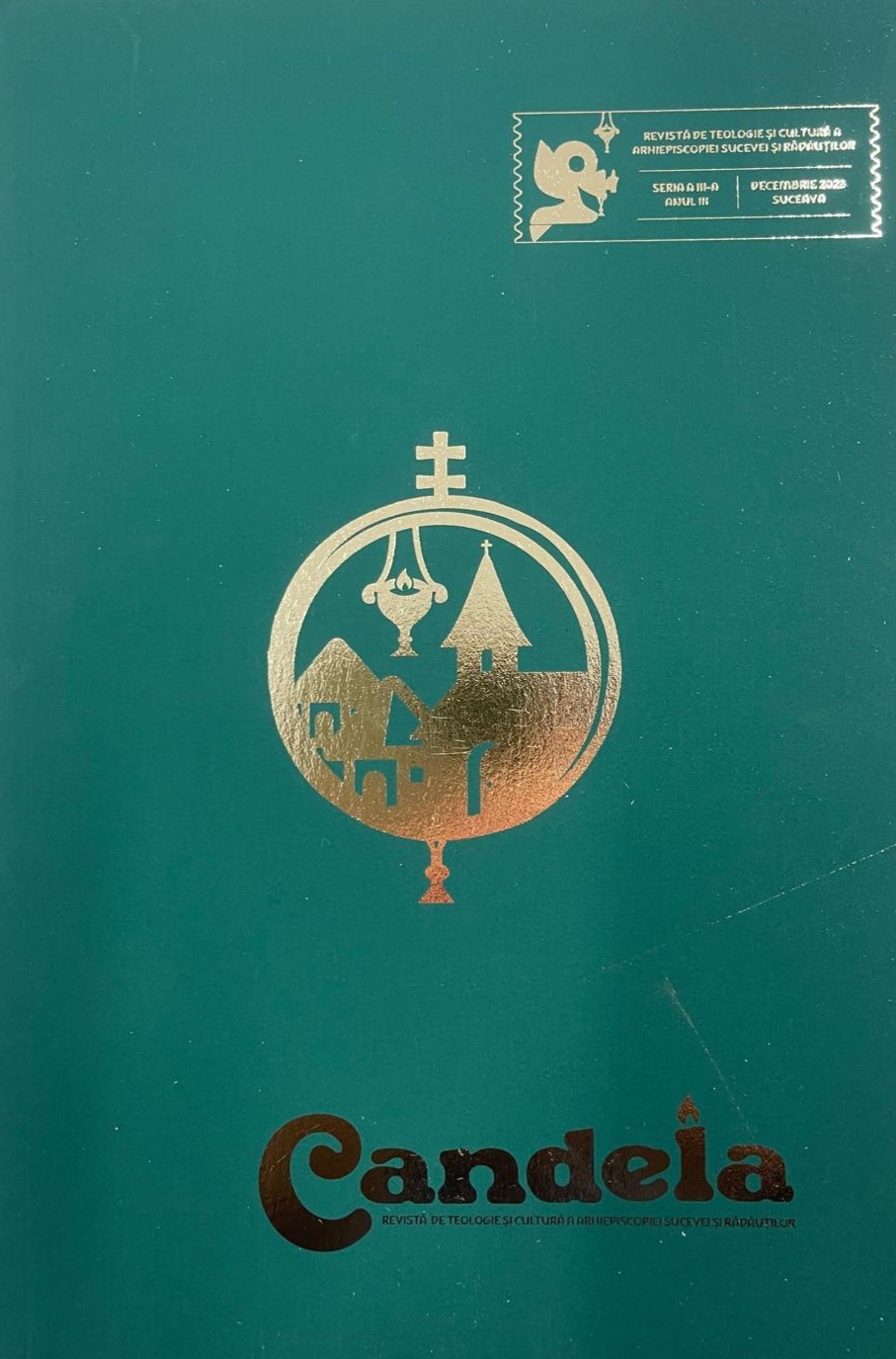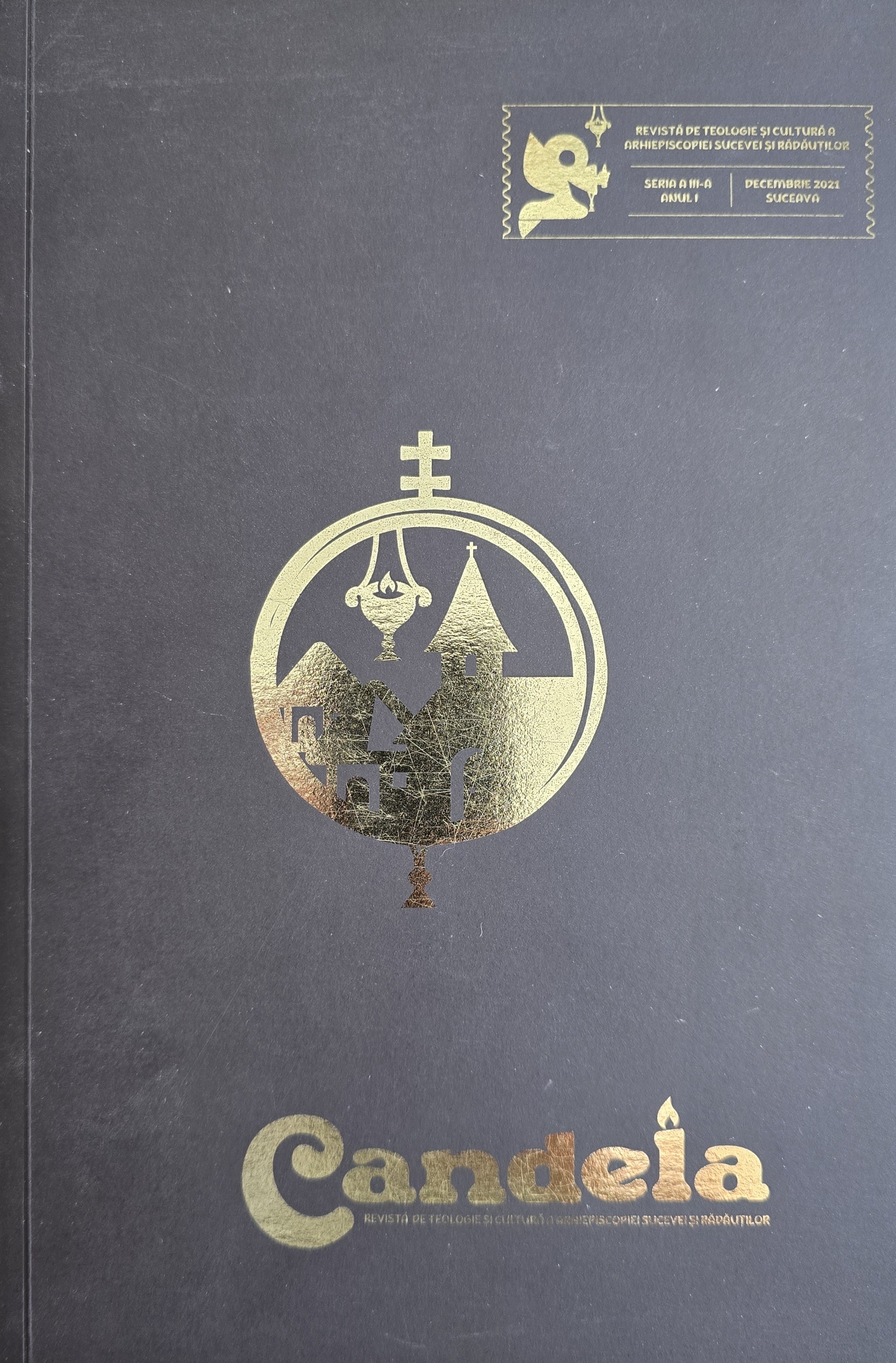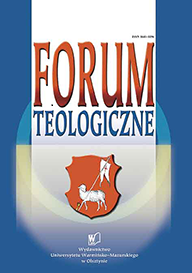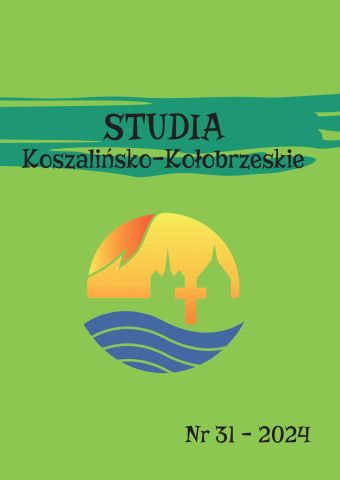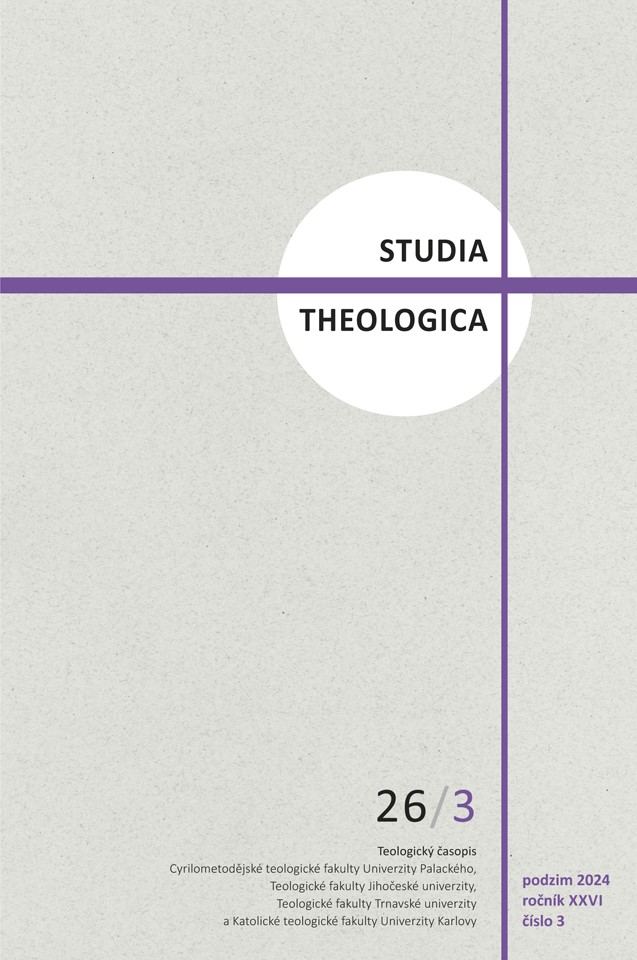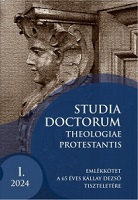Author(s): Răzvan Brudiu,Cosmin Joițoiu / Language(s): Romanian
Issue: 3/2023
Societal landscapes undergo a redefinition as individuals become consistently tethered to the virtual realm, reshaping communication norms. Beyond personal realms, the digital age permeates political spheres, influencing opinions and landscapes. Therefore, the widening digital divide underscores contrasting experiences, blurring collective norms as individuals oscillate between real and virtual realms, weaving a complex scheme of our contemporary existence. In exploring the intersection of the internet and happiness, studies identify happiness as a shared cornerstone, influencing social hierarchies and integration. Social media provides fleeting happiness, contributing to entertainment but also accumulating stress and negative aspects. While the general use of the internet is associated positively with happiness, excessive use, particularly among teenagers, correlates negatively. The European Union envisions digital competence encompassing technical skills, effective use of digital technologies, critical evaluation, and motivation for digital engagement. The shift towards a new knowledge society challenges individuals to attain digital fluency, creatively expressing themselves through digital channels. It is a fact that the distinction between online and offline behaviors shows greater digital communication openness, especially in spiritual communities. Governments aim to bridge the digital divide, ensuring equal access to media, the internet, and mobile communication. Certainly, paradigmatic structural changes reverberate across various layers of humanity, from communication to spirituality, that is why we are interested now in the analysis of the intersection between mass media and religion addresses challenges from both journalistic and theological perspectives. Specialists delve into this, outlining three patterns of interpenetration: the dilution of spiritual messages, deep symbiosis where mediatization is effective, and the emergence of metaphorical religions. Issues in journalistic coverage of religious themes faced by journalists include external constraints, the pursuit of sensationalism, and the temptation to compromise religious beliefs. For a better understanding of the phenomena, there is a need for contextual understanding and the recognition of cultural, social, national, and confessional peculiarities in journalistic practices. The communication strategies of the Romanian Orthodox Church are of great importance for accurate illustration of the discussed matter, with a focus on the Basilica Press Center's initiatives to adapt to the contemporary digital era. For this, it needs to be underscored the importance of visual and textual multimedia materials, the role of social networks, and the Church's openness to new research topics in the field. Not to be neglected is the actual trend of public trust in mass media, with a decrease in trust in the Romanian context. Overall, there is a requirement for a comprehensive exploration of the intricate relationship between mass media, journalism, and religion in the context of modern society. In this given context, the Church's mission involves also adapting its message to the challenges of the digital era, marked by information overload and technological stimuli. The timeless preaching of the Holy Scriptures persists as a vital aspect of the Church's missionary work, emphasizing the freedom of individuals to choose between good and evil in the eyes of God. The Apostles' glossolalia and Saint Apostle Paul's missionary efforts in Athens exemplify the early adaptation of the divine message to the specific needs of their times. But, in the contemporary context, digital communication introduces a complex interplay of masks and personas, the online self-presentation becoming a conscious act, maintaining consistency across various contexts. We see that the digital environment, once text-centric, now incorporates non-verbal elements, influencing the formation of online identity. The devaluation of printed words in favor of images aligns with the evolving nature of online communities, so the dynamics of online communication highlight the need for critical discernment and an awareness of the evolving nature of identity formation in the digital realm. The Romanian Orthodox Church addressed with discernment the implications of communication digitalization, emphasizing the extended mission in the cultural and informational environment. In the context of a world characterized by consumerism and the loss of Christian values, we must concentrate our efforts on catechesis and religious education, with a particular focus now on young people.
More...


